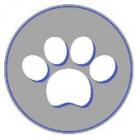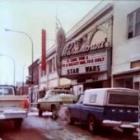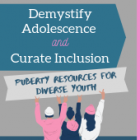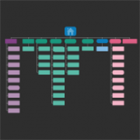
Aerowood Animal Hospital: Navigating Interoffice Communication Roadblocks in the Digital Age
Aerowood Animal Hospital, a 24 hour emergency veterinary hospital, has been serving its community for decades. Unfortunately, an interoffice shared network with hundreds of improperly organized materials, as well as a backlog of physical materials in need of digitization, and several training programs in need of updates and/or expansion has left the staff exhausted when it comes to communication and data retrieval. This project heavily relied on digitization, categorization, organization, and instruction. More creative efforts went into updating and expanding training methodologies. The impact improves the working environment, staff relationships with clients, and hospital communications.








